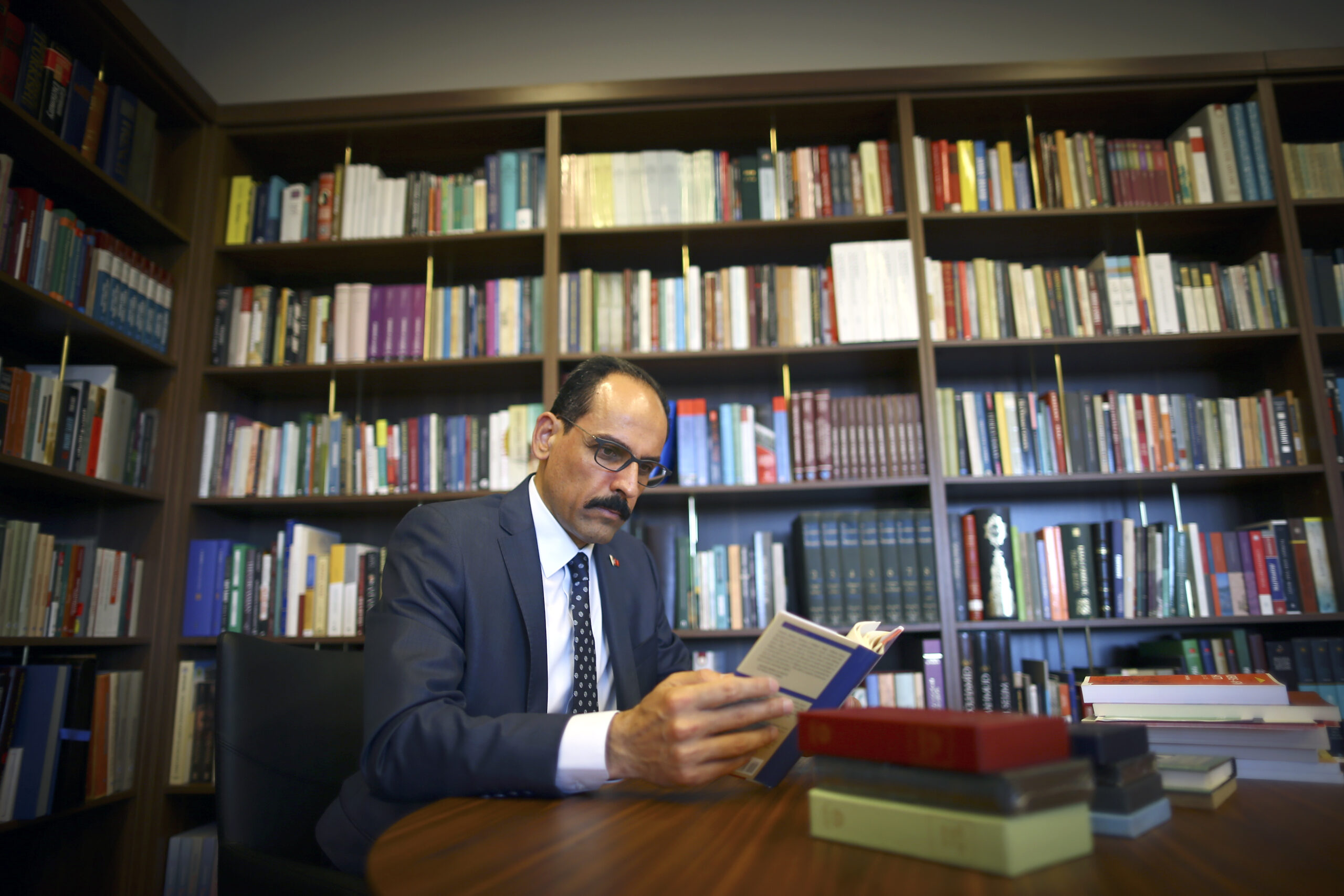Prof. Dr. İbrahim Kalın
Nov 11, 2017-dailysabah.com
As new technological advancements enable us to create virtual worlds and alternate realities, we increasingly face the problem of escaping from reality and live in a fantasy world. Images on screens are fast replacing the things themselves, further alienating us from the natural world and the world of real people. We like our own images on screens more than ourselves. New developments in artificial intelligence (AI) will further take us into unknown territories. Can we as human beings live in between these alternate worlds and still retain our humanity?
Creating alternative realities may not necessarily be a bad thing. This is what literature offers us in creative and enriching ways. Pointing to an ideal world may help us keep our hopes and standards high. But the same thing can be a delusional way of running away from the reality that defines our human condition and compels us to take responsibility for our actions. We run away from the reality in which we live because we can no longer stand what we have created with our own hands. Replacing this reality with virtual worlds, machines, robots and AI inventions is not the way to find peace, tranquility, happiness and a sense of fulfillment. Rather, it is loosing ourselves in multiple layers of imaginary worlds.
In recent years, several novels and movies have taken up this fascination with the possibilities of AI and going over the human boundaries. The Matrix trilogy, “Ex Machina,” “Westworld,” “Black Mirror,” “I Robot” and “Blade Runner 2049,” among others, tell the stories of building new realities with opportunities as well as the devastating consequences. The common theme is what defines humanity in the face of new technological developments and the desire to want more of everything. What happens when we outgrow ourselves and become captives of our own creations? As we know too well from the ever-fresh Frankenstein story, how do we deal with our own monsters?
The 2017 movie “Ghost in the Shell,” directed by Rupert Sanders and starring Scarlett Johansson, takes up the question of what happens when people use other humans as machines for their personal gains and corporate interests. The film’s lead character, Major Motoko Kusanagi (Johansson), is a cyber-enhanced soldier fighting the world’s criminals. She is the first of her kind – a human soul, or ghost, with new enhancements and a robotic body, i.e., a shell. When she realizes that she has been lied to and turned into an AI thing against her own will, she begins to question everything.
Although simplistic at times, the movie raises important moral and philosophical questions. What happens when governments and big corporations begin to alter people’s minds and souls to serve their interests? Who has the right to re-design people’s memories and emotions so that they will not remember anything and obey the commands? It is a betrayal of our fundamental human values to force people into believing that they will have a better and happier life in a future virtual world far more advanced than the current reality in which they find themselves because they will no longer be themselves but a simulation, a program, an enhanced ghost in a perfect body.
In “Ghost in the Shell,” some terrible things happen in the future dystopia. But we do not have to look far to see the disturbing fact that this is already happening. Our current technologies and the profit-driven companies that own them are seeking to change people’s perceptions, desires and tastes so that they become unquestioning servants of consumer capitalism. They would feel good about themselves by spending more, by wanting more and by becoming something other than themselves. Worse, most people are willing to pay the price for this delusional mode of a perfect existence.
This seems to be punctuated by a deep desire to run away from our own reality to an imaginary world at all costs. Why do people want to escape into a fantasy world while fully knowing that it is just that, i.e., a fantasy world? What are we running away from? What is missing in our lives so much so that we take refuge in artificial and virtual worlds that we know very well to be unreal and fictional?
I am not sure if we are ready to ask these questions to ourselves in a serious and honest way. If and when we do, the magic of this self-gratifying illusion will dissipate and we will perhaps face our naked humanity with its blessings and imperfections. We may then realize that what defines our humanity does not lie in our ability to create machines better than us, but in treating the world of nature and our fellow people with intelligence, care and love. Producing self-destructive systems is not the smartest way of utilizing our God-given abilities.
Instead of creating fantasy worlds to escape reality, we have to change our own state of mind and soul so that we can live in harmony with our own reality. Perhaps, we can try to improve the state of our reality so that we do not feel compelled to run away from it. This requires serious questioning of our modern priorities and finding a new direction in our lives, a direction that will bring us closer to our inner reality and shared humanity.
Source: https://www.dailysabah.com/columns/ibrahim-kalin/2017/11/11/escape-from-reality


